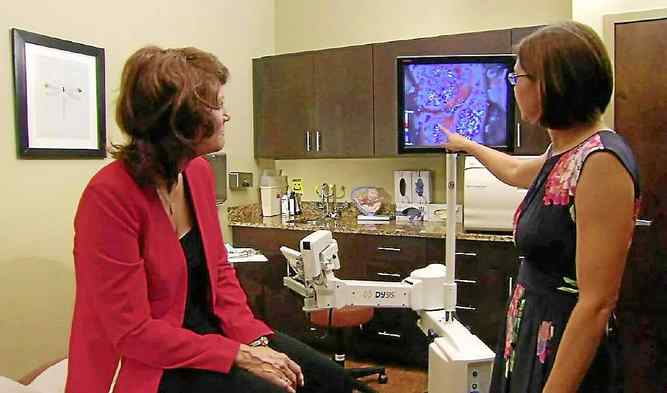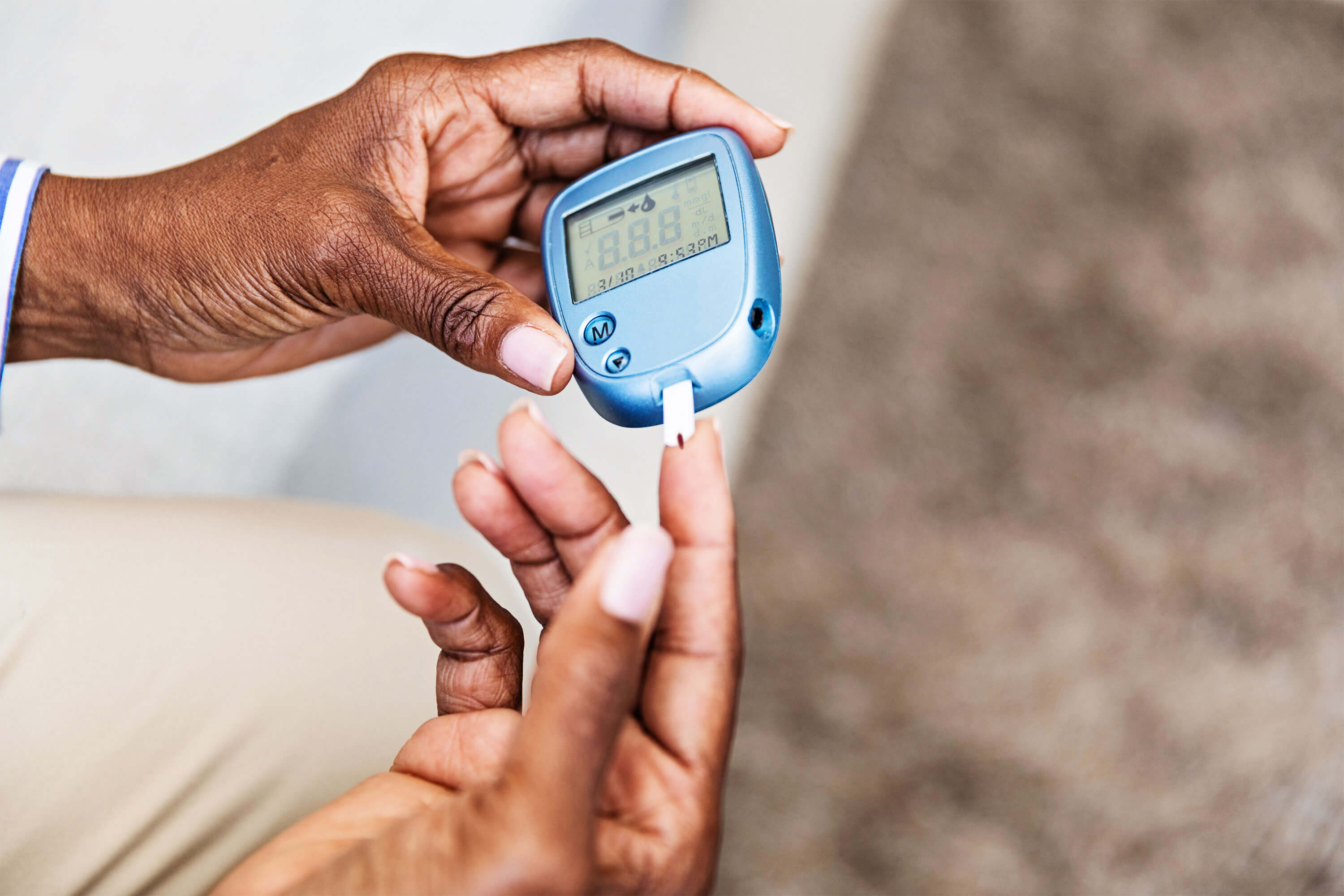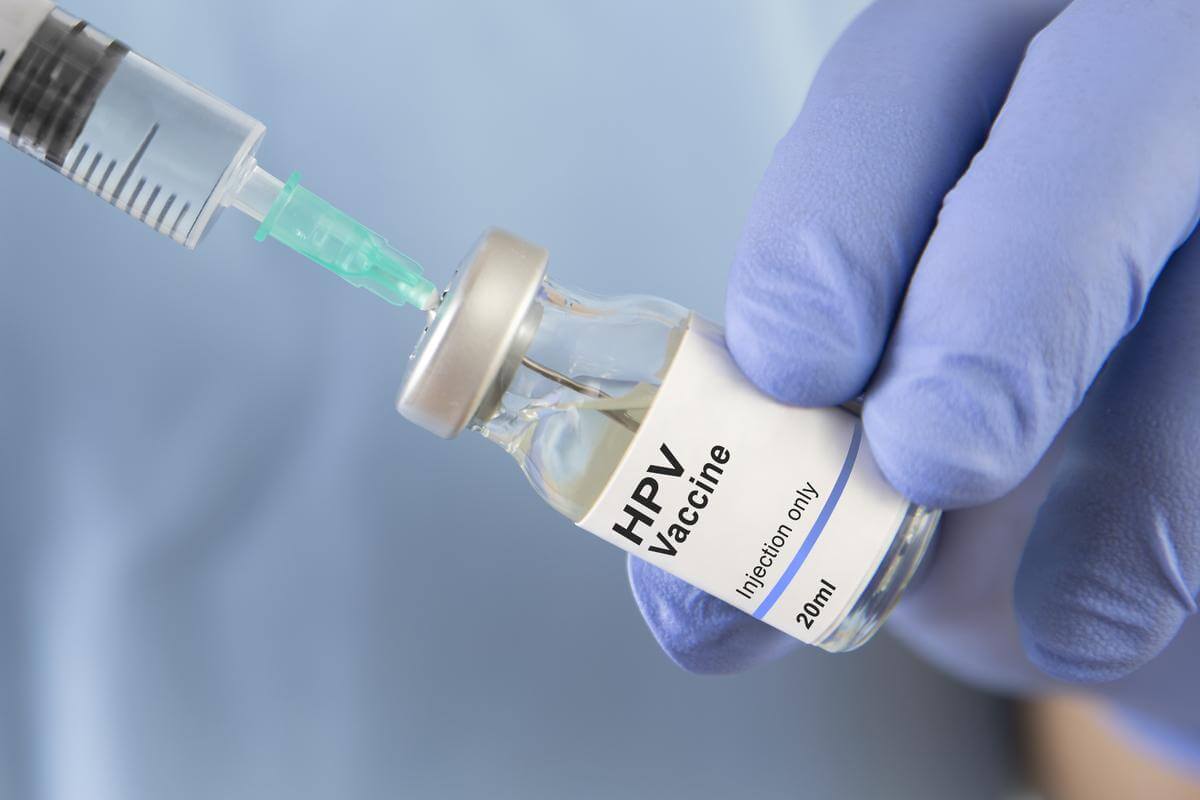New tool to detect cervical cancer
Sat 05 Aug 2017, 21:27:36

Testing menstrual blood present on menstrual cloth can help detect human papilloma virus (HPV), which is one of the main causes of cervical cancer, researchers from Mumbai’s Tata Memorial Centre and National Institute for Research in Reproductive Health (NIRRH) have found. The study was carried out on over 550 women aged 30 to 50 years at two rural populations in Maharashtra. The results were published in the journal European Journal of Cancer Prevention.
Cervical cancer is a major public health problem in India, and although there are cervical cancer screening tests, most rural Indian women fear the test and see it as an unpleasant experience.
Samples testing
Over 190 eligible women were recruited for the study from two villages close to Jamkhed Tahsil of Maharashtra. The women who consented underwent HC2 testing to detect HPV. All the women, whether positive or negative for HPV, were asked to store their cloth pad used on the first day of period and immediately hand it over to the health worker. The collected menstrual cloth samples were sent to NIRRH for testing.
The DNA extracted from the dried menstrual blood was amplified and tested for HPV. Over 3% positive HPV cases were detected from this area (both HC2 and DNA study showed positive). They underwent further vaginal examination and treatment. Two cases of cervical lesions were also diagnosed.
Additional study
After satisfactory results from first area, another rural population with significantly better social indicators was studied. Over 360 women from
16 villages from Mulshi area of Pune district were selected for the study. However, the women were not tested for HPV but their menstrual blood was tested.
16 villages from Mulshi area of Pune district were selected for the study. However, the women were not tested for HPV but their menstrual blood was tested.
From this population, 4.9% cases were diagnosed as HPV positive using DNA tests. The HPV positive women and a few HPV negative women underwent vaginal examination, HC2 test and PAP smear test (another cervical cancer test).
The sensitivity of the menstrual pad HPV testing in the first and second area was 83% and 67%, respectively, and the specificity was 99% and 88% in the two areas. The reduced sensitivity at second area could be due to electricity failure in the health centre as the samples need to be continuously stored at -20⁰C.
According to the researchers, the menstrual pad DNA testing could be used instead of PAP smear test as PAP test has several limitations such as very low sensitivity of around 50% and the method of sample collection is both painful and invasive.
“Most of the women in these villages are daily wagers and do not want to waste a day for clinical screening. There is low participation in community screenings as they are shy and also fear the test. By using menstrual pad/cloth as a screening tool we can provide comfort and convenience to the participants,” says Dr. Atul Budukh, Assistant Professor at Tata Memorial Centre and the first author of the paper.
By developing a simple method to mail the pads to the lab by participants itself, menstrual pad test can become a stress-free cervical cancer screening method, the authors write.
No Comments For This Post, Be first to write a Comment.
Most viewed from Health
AIMIM News
Latest Urdu News
Most Viewed
May 26, 2020
Which cricket team is your favourite to win the T20 World Cup 2026?
Latest Videos View All
Like Us
Home
About Us
Advertise With Us
All Polls
Epaper Archives
Privacy Policy
Contact Us
Download Etemaad App
© 2026 Etemaad Daily News, All Rights Reserved.

























.jpg)
.jpg)
.jpg)


